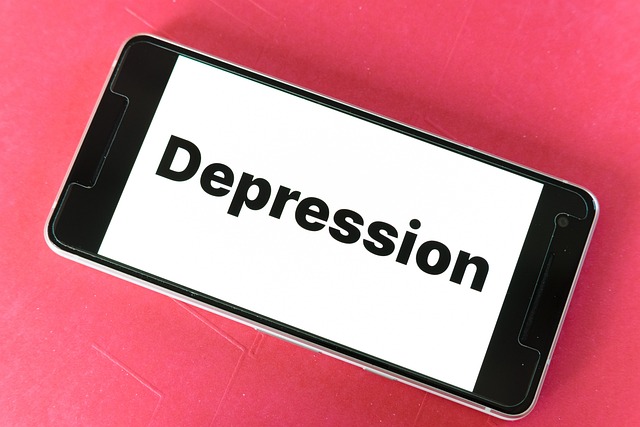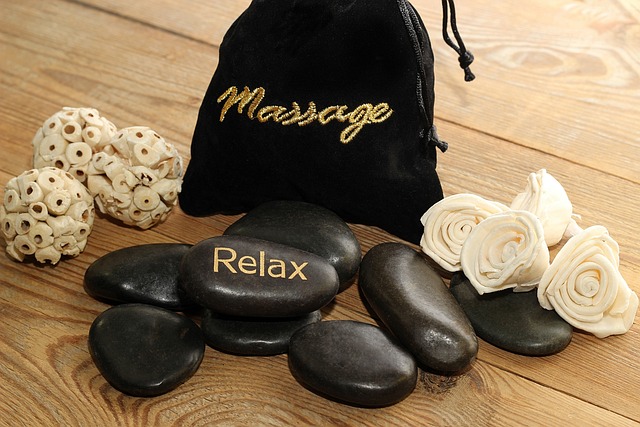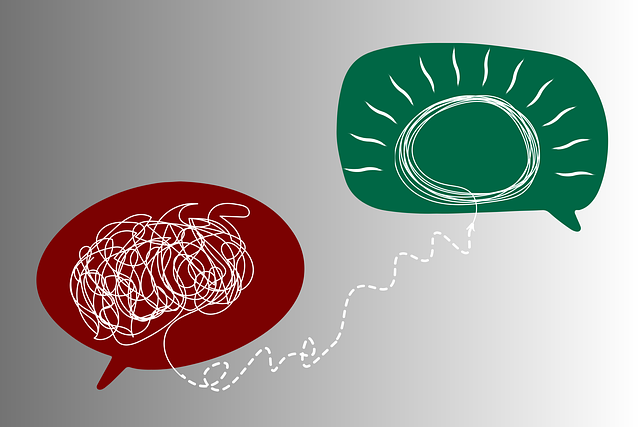Work-related stress is a prevalent issue with significant consequences for well-being and productivity. Stress relief therapy, including Cognitive Behavioral Therapy (CBT) and Mindfulness-based practices, offers effective coping strategies. CBT empowers individuals to manage stressors through thought reframing, while mindfulness techniques enhance present-moment awareness and reduce anxiety. Lifestyle changes, such as exercise, diet, sleep, and relaxation, are vital for stress management. Peer support and group therapy provide additional benefits by fostering a supportive community. Integrating these approaches promotes better mental health, improved job satisfaction, and enhanced overall quality of life in today's demanding work environment.
Struggling with work-related stress? You’re not alone. In today’s fast-paced world, managing job pressures has become a universal challenge. This comprehensive guide explores effective stress relief therapy options tailored to modern professionals. From understanding the root causes and symptoms of work stress to discovering powerful therapies like Cognitive Behavioral Therapy (CBT) and mindfulness techniques, this article equips you with tools for a healthier, happier work-life balance. Learn how building support networks and adopting lifestyle changes can further enhance your well-being and stress management journey.
Understanding Work-Related Stress: Causes and Symptoms

Work-related stress is a prevalent issue that can significantly impact an individual’s overall well-being and productivity. It arises from various factors, such as heavy workloads, tight deadlines, high-pressure environments, or conflicts with colleagues or supervisors. These demands can lead to physical and emotional exhaustion if not managed effectively.
The symptoms of work-related stress are diverse and may include feelings of anxiety, depression, irritability, fatigue, headaches, sleep disturbances, and a reduced ability to concentrate. Individuals might also experience physical manifestations like increased heart rate, muscle tension, or digestive issues. Recognizing these signs is crucial as they can hinder performance and overall job satisfaction if left unaddressed. Stress relief therapy offers a range of techniques and strategies to help individuals cope with and manage work-related stress, promoting better mental health and improved quality of life.
The Role of Therapy in Managing Stress Relief

Stress relief therapy plays a pivotal role in managing and mitigating work-related stress, offering individuals a safe space to unwind and regain their mental equilibrium. Through various therapeutic techniques, such as cognitive behavioural therapy (CBT) and mindfulness practices, individuals can learn to identify and challenge negative thought patterns that contribute to workplace anxiety. CBT equips clients with practical tools to manage stressors by reframing unhelpful beliefs and behaviours, thereby enhancing their ability to cope with demanding work environments.
Moreover, stress relief therapy provides an opportunity for employees to develop effective coping strategies tailored to their unique needs. Mindfulness techniques, for instance, teach individuals to stay present and focused on the here and now, reducing rumination over past mistakes or worry about future tasks. This proactive approach not only improves overall well-being but also boosts productivity by fostering a clearer mind and enhanced concentration at work.
Common Therapies for Work Stress: An Overview

Many effective therapies exist to help individuals manage and overcome work-related stress. Cognitive Behavioral Therapy (CBT) is a popular approach that focuses on identifying and changing negative thought patterns and behaviors contributing to stress. By challenging unhelpful thoughts and adopting healthier coping strategies, CBT enables people to better manage demanding situations at work.
Mindfulness-based stress reduction (MBSR) is another powerful tool for mitigating work stress. This therapy teaches individuals to stay present and non-judgmentally aware of their thoughts and feelings. Through meditation, breathing exercises, and other mindfulness practices, MBSR helps employees cultivate a sense of calm and resilience in the face of workplace challenges, ultimately enhancing their overall well-being and job satisfaction.
Cognitive Behavioral Therapy (CBT): A Step-by-Step Guide

Cognitive Behavioral Therapy (CBT) is a structured and effective approach to managing work-related stress. Here’s a step-by-step guide to help you navigate this therapeutic process.
1. Identify Stressors: Begin by pinpointing the specific work-related factors causing stress, such as heavy workloads, tight deadlines, or challenging relationships with colleagues. Understanding these triggers is crucial for effective CBT.
2. Challenge Negative Thoughts: CBT focuses on modifying negative thought patterns that contribute to stress. Observe your thoughts and challenge those that are irrational or unhelpful. Replace them with more balanced, realistic perspectives. For instance, instead of thinking “I can’t handle this workload,” consider, “This is challenging, but I have successfully managed similar situations before.”
3. Set Realistic Goals: Break down overwhelming tasks into smaller, manageable goals. Setting achievable objectives helps reduce the sense of being overwhelmed and promotes a feeling of control over work-related stress.
4. Practice Relaxation Techniques: Incorporate relaxation strategies like deep breathing exercises, meditation, or progressive muscle relaxation into your daily routine. These techniques help lower stress levels and enhance overall well-being.
5. Reframe Your Perspective: CBT encourages individuals to view stressful situations from different angles. By reframing perspectives, you can find new meanings and responses, transforming stressors into less daunting challenges.
6. Seek Support: Don’t hesitate to reach out for support from colleagues or seek professional help if needed. Talking through stress-related issues with others can provide valuable insights and additional coping strategies.
7. Monitor Progress: Regularly assess your progress in managing work-related stress. Keep a journal to track thoughts, feelings, and behaviors over time, allowing you to identify patterns and make necessary adjustments to your CBT approach.
Mindfulness and Meditation Techniques for On-the-Go Relaxation

In today’s fast-paced work environment, finding moments of calm and relaxation can feel like a challenge. However, mindfulness and meditation techniques offer powerful tools for on-the-go stress relief therapy. These practices encourage individuals to focus on the present moment, quieting the mind and reducing the impact of stressful thoughts.
Whether it’s a quick breath exercise during a break or a guided meditation app accessible at any time, such strategies can help manage work-related stress effectively. By integrating these mindfulness techniques into daily routines, folks can find moments of tranquility amidst the hustle and bustle, fostering a sense of balance and resilience in even the busiest of environments.
Building a Supportive Network: Peer Support and Group Therapy

Building a supportive network is an integral part of managing and alleviating work-related stress. Peer support and group therapy offer unique benefits in this regard. When individuals facing similar challenges come together, they create a sense of community, fostering open dialogue and shared experiences. This collective environment encourages members to express their feelings, gain new perspectives, and learn coping strategies from one another.
Group settings also provide a safe space for participants to receive empathy, understanding, and validation from peers who can relate to their struggles. The interconnectedness fostered through peer support can significantly enhance stress relief therapy, as individuals feel less isolated in their battles and acquire valuable tools to navigate work-related stressors effectively.
Lifestyle Changes to Enhance Your Well-being and Stress Management

Making lifestyle changes is a powerful tool in your arsenal for managing work-related stress and enhancing overall well-being. Regular exercise, for instance, is not only a great stress reliever but also boosts mood and energy levels. Aim for at least 30 minutes of physical activity most days of the week; this could be anything from brisk walking or yoga to dancing or team sports.
Diet plays another vital role in stress management. Eating a balanced diet rich in fruits, vegetables, whole grains, and lean proteins can improve your body’s resilience to stress. Reducing caffeine and alcohol intake, while also staying hydrated, can significantly impact your ability to cope with stressful situations. These changes, alongside adequate sleep and regular relaxation practices like meditation or deep breathing exercises, form the foundation for effective stress relief therapy and a healthier, happier life.
